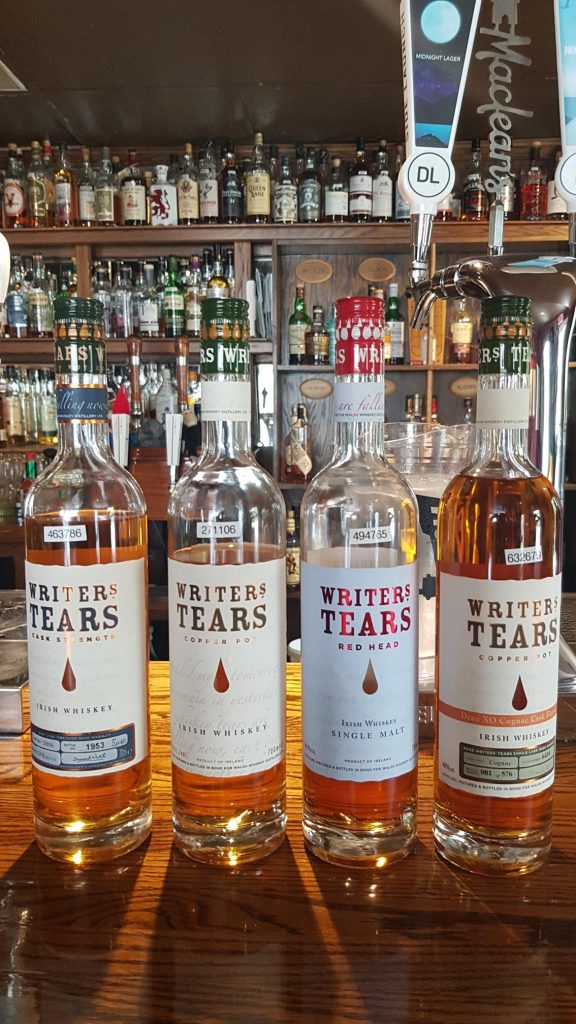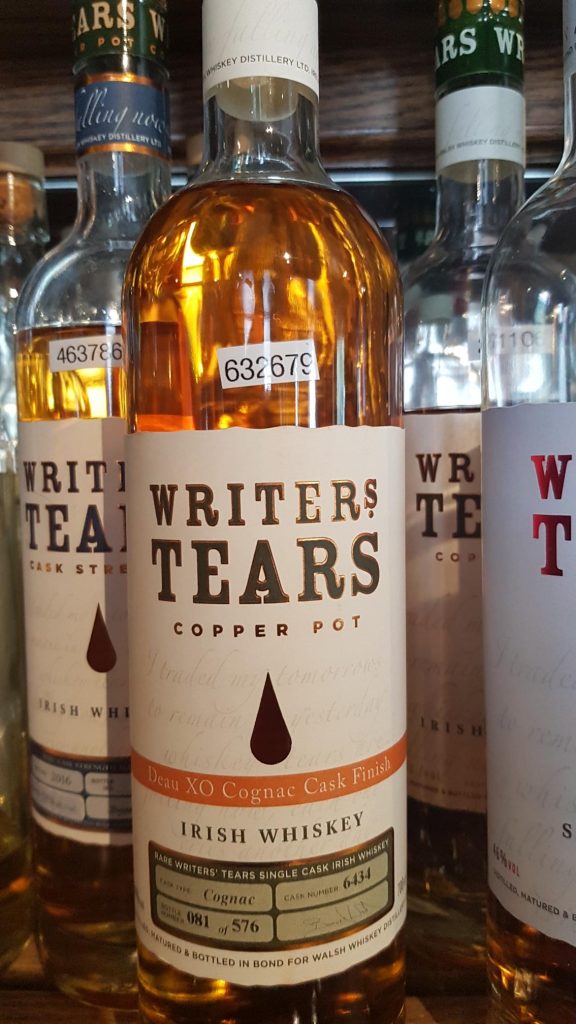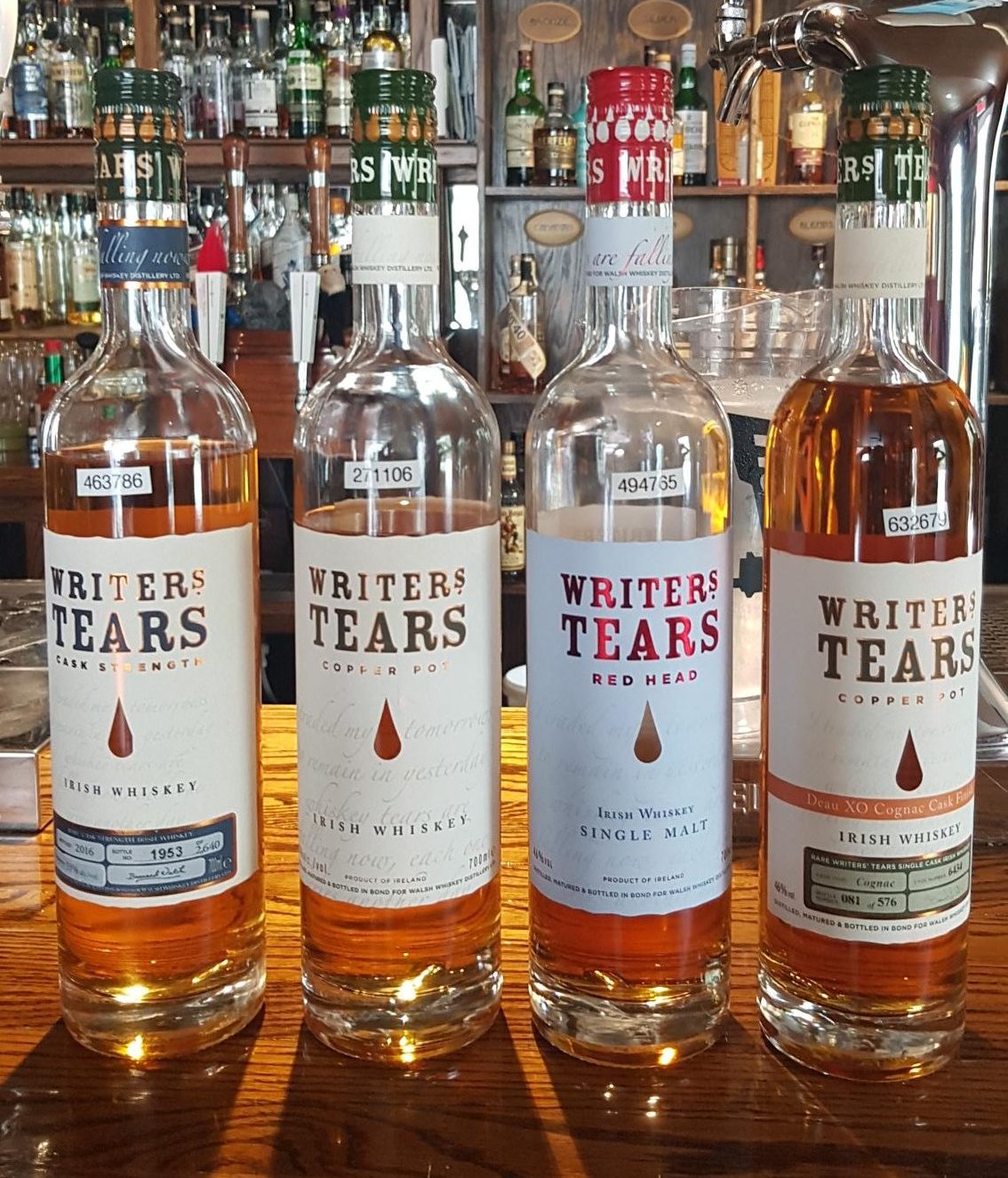To write is a craft.

Like any craft, there is a process or sequence of steps to create a consistently identifiable, bold and long lasting product.
The craft of making whiskey hasn’t changed much over hundreds of years and writing is the same.
To make whiskey, you need only three simple ingredients; water, barley and yeast. Yet, with so few components, there are thousands upon thousands of flavours, and just as many Coopers (those who make whiskey). Although all stories share in the same basic premise–having scenery, characters and a problem, there are innumerable genres, styles and adaptations of old story lines.
As a story writer, there are things we can learn from the process of making whiskey.
MALTING
Malting is where the barley is allowed to germinate or begin to grow. The barley is kept in ideal conditions to allow the slightest root to emerge from the seed, starting the process of changing the seed’s starch into sugar. For a writer, the malting is the birth of an idea. We need to ask the right questions to learn our character’s secrets and motivations. We need to smell and feel our surroundings to create vivid places in our story’s imagination. We need a problem or conflict powerful enough to propel our story forward and keep the reader engaged.
MASHING
In the mashing, hot water is added to the barley is a large vessel to further break down the starch into fermentable sugars. As a writer, I consider the mashing to be the brainstorming and plotting stage, stretching your idea into a basic plot.
FERMENTATION
Up until now, for every whiskey, the same ingredients have gone into the process. It is at the fermentation stage, where unique steps are implemented, demonstrating the magic of whiskey making. If you gave the same basic story premise to a hundred writers, I guarantee not a single story would come out the same. Just as the Coopers are adding yeast to the mash to start the conversion of sugars into alcohol, writers introduce their own characters and create conflicts of their own imagination. As one Cooper chooses wooden bins and another steel, a writer may chose to take the story to romance while another into horror. Fermentation is where the writer puts words onto the page to get the story out.
DISTILLATION
Distillation may seem the easiest part of whiskey making, but it is the most crucial. This is essentially where the alcohol must be separated from the water and barley mash. Methanol burns off first, hence the heads and fores, then comes the heart and finally the tails or the fusel oils boil off, leaving the water behind. One of the hardest steps for any writer is to edit and rewrite and then cut their own words, however, it is in the distilling of ideas or editing down to the core message that the best story surfaces, to bring out the greatest flavours.
MATURATION
Finally, in the maturation stage, the Cooper puts the alcohol into charred, oak wooden casks to age. This is a patient step, as the oak tree needs to be at least 70 to 100 years old. Once a book is finished, an author should move away from it, to gain distance. In giving time to allow the words to settle on the page, it is with fresh eyes that the writer can then see moments of greatness and paragraphs of weaknesses. Knowing when to uncork the cask or to finally press ‘send’ on a submission or query or to share with a critique partner, takes not only bravery, but patience.
The craft of writing has many similarities to the process of making whiskey.
The Cooper dreams of making a world class whiskey, while an author aspires to share only their best written words. In the end, all craftsman long to have someone partake in and appreciate the fruits of their labour; be that a bold whiskey or a memorable story.
Whiskey truly does hold writer’s tears.
Cheers!

